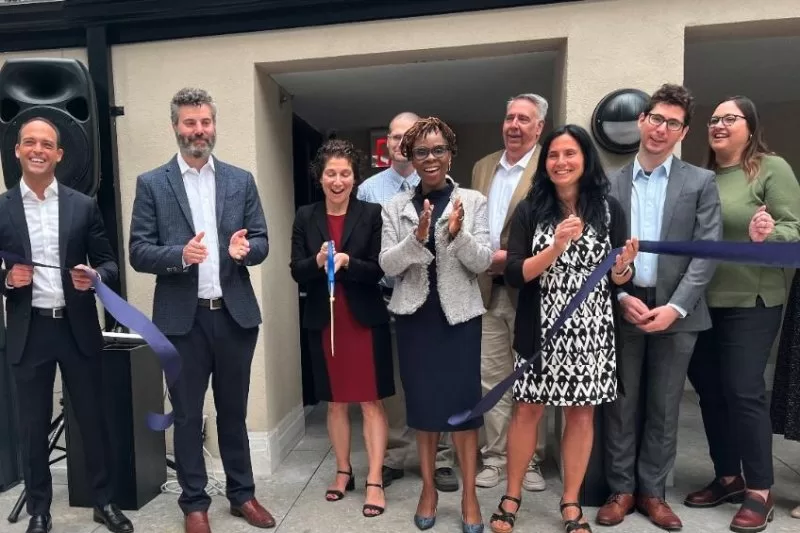Oct. 20 (UPI) — The nonprofit organizations that operate New York City’s homeless shelters are engaged in widespread corruption, officials have found after three years of investigation.
The New York City Department of Investigation released a 100-page report Thursday that detailed alleged corruption and nepotism at more than 50 nonprofit shelter providers and listed 32 recommendations for reform.
The report notes that New York’s Department of Social Services and the Department of Homeless Services operate the largest homeless shelter system in the United States, putting roofs over the heads of some 86,000 people per night.
To operate those shelters, the city contracts with a large network of nonprofit organizations, which are overseen by the Department of Homeless Services — many of which have annual revenue in the “tens, if not hundreds, of millions of dollars.”
Some shelter executives were accused of double-dipping by also being employed by third-party firms hired to provide services at shelters, such as security companies, investigators said. Other shelter executives even paid themselves more than $700,000 per year.
And the DOI found shelter providers that employed immediate family members of senior executives and board members, “in apparent violation of their City contracts.”
“One provider that is heavily funded by the City, Black Veterans for Social Justice, employed its CEO’s children since at least 2007,” the investigation found.
“This providers subsequently entered into a DOI-managed monitorship agreement.”
The report encouraged the two city departments to increase their oversight and regulation of the nonprofit shelter providers to increase compliance.
